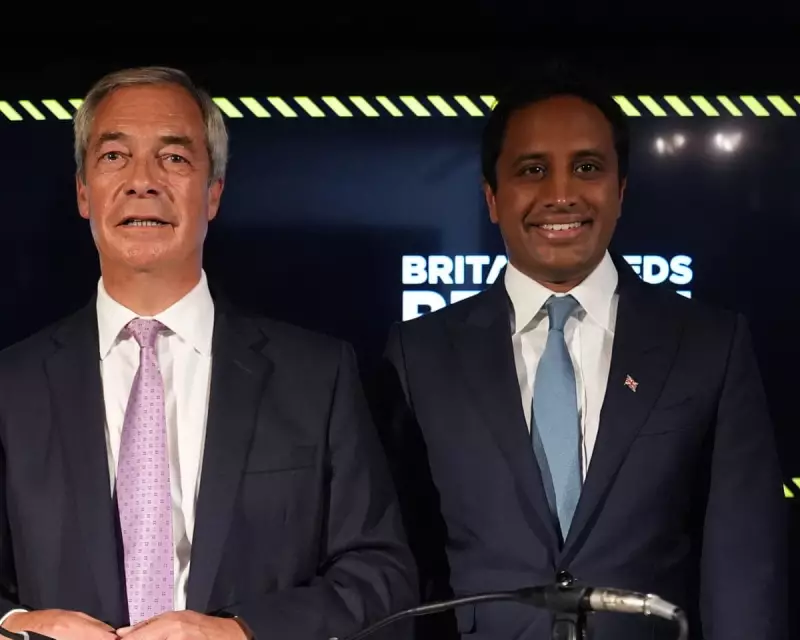
Reform UK has made a dramatic pledge to repeal the Online Safety Act, describing the legislation as 'borderline dystopian' and an assault on fundamental freedoms. The controversial policy announcement sets the stage for a heated debate about the balance between online safety and free speech in the digital age.
A Direct Challenge to Current Legislation
The party's leadership argues that the Act, passed in 2023, creates what they call 'a dangerous precedent for state overreach into private communications'. They claim the legislation gives regulators excessive power to monitor online content and could potentially criminalise legitimate speech.
Key Concerns Raised by Reform UK
- Potential chilling effect on free expression
- Overly broad definitions of 'harmful' content
- Burden on small tech companies to comply with regulations
- Risk of creating a surveillance state infrastructure
The party's digital policy spokesperson stated: 'We're seeing the creeping authoritarianism of the digital age. This Act represents everything that's wrong with big government thinking - it's poorly drafted, impossible to enforce fairly, and fundamentally misunderstands how the internet works.'
Political Reactions and Industry Response
The announcement has drawn mixed reactions across the political spectrum. While civil liberties groups have welcomed the proposal, child safety campaigners have condemned it as reckless. Tech industry representatives remain divided, with some smaller platforms supporting the repeal while major social media companies maintain cautious neutrality.
Political analysts suggest this move positions Reform UK firmly as the anti-establishment choice on digital policy matters, potentially appealing to younger, tech-savvy voters concerned about privacy rights.
What Would Repeal Mean in Practice?
If successful, repealing the Act would:
- Remove mandatory age verification requirements
- Eliminate fines for platforms failing to remove 'legal but harmful' content
- Scrap the duty for platforms to proactively prevent illegal content
- Disband the new Ofcom powers to regulate online spaces
The party has promised to replace the legislation with what they describe as 'a common-sense approach focusing on actual illegal content rather than thought policing', though details remain sparse.





